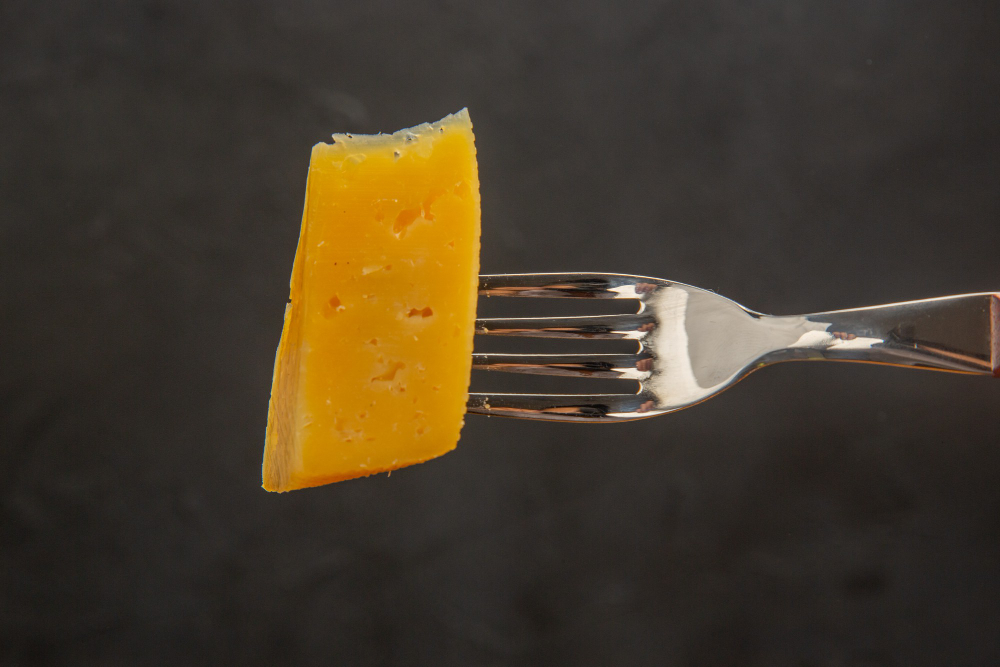How to get Halal Certified with a Halal Consultant
By KOPIŌ Krew
When people think about Halal food, they often stop at “no pork, no lard.” But as Ms Fatin Hamid, a seasoned Halal consultant, and manager of HCS Consultants, explains in our first ever Kopitiam Konversation, Halal certification is far more comprehensive — and crucial for both food businesses and Muslim consumers.

Advantage of a Halal Certificate
Halal, which means “permissible” in Arabic, refers to food and beverages that comply with Islamic law as outlined in the Quran and Hadith. In Singapore, the Islamic Religious Council of Singapore (MUIS) is the governing body that certifies food establishments and products as halal. For Muslims, consuming halal food is not just a preference—it is a religious obligation. Having a reliable halal certification ensures that food is free from non-halal ingredients, such as pork, alcohol, and improperly slaughtered meat, giving consumers confidence that their dietary needs are met.
Services of a Halal Consultant
Fathin shared how her consultancy supports businesses through the complex certification process. Here’s what they help with:
Assessment of All Ingredients: Even additives and processing aids are scrutinized. One non-compliant item can derail certification.
Operational Audits: Consultants often visit kitchens to observe operations. In one case, Fatin shared how they caught improper practices during an early morning surprise check.
Documentation: From supplier certificates to kitchen flowcharts — MUIS requires extensive paperwork.
Pre-Certification Training: Staff must understand Halal standards and avoid cross-contamination.
Why Engage a Consultant Instead of DIY?
It is definitely possible to apply for Halal cetrification without a consultant. But it can often be an overwhelming process, According to Fathin:
“Some think it’s just submitting documents, but once they get rejected or stuck, then they come to us.”
A consultant helps prevent costly mistakes, fast-track the process, and ensure the business doesn’t waste time or money chasing unclear requirements.


For the Muslim Consumer: Why It Matters
Fathin acknowledges that many Muslims today are more conscious of Halal authenticity. Certification ensures:
- No cross-contamination
- Traceability of ingredients
- Religious compliance with MUIS’s official standards
This is especially important for Muslims who don’t just avoid obvious haram ingredients but want assurance across the board — even in flavorings, sauces, or imported goods.
It’s a Journey, Not a Stamp
Halal certification is not a one-time badge. It requires consistent compliance, annual renewals, and ongoing staff awareness. The video ends on a powerful note: Halal isn’t just a label — it’s a responsibility.
—
Thinking about getting your eatery Halal-certified? Engaging a consultant may be your best move — not just to get approved, but to truly understand what Halal means for your business and your Muslim customers.
Contact us today to learn how we can tailor our services to meet your unique needs.
Schedule Your Halal Certification Consultation Today
Ready to ensure your F&B business meets Halal standards? Contact us now to schedule a personalized consultation and take the first step towards certification. Let KOPIŌ guide you through the process with ease and expertise.
Explore More Stories
5 Marketing Campaign Ideas To Drive Your F&B Growth
In the competitive food and beverage (F&B) industry, innovative marketing campaigns are essential for brands aiming to capture consumer attention and drive growth. By employing creative strategies, small F&B businesses can differentiate themselves, engage...
How to Create Impact from Halal Marketing for Halal Success
In today’s hyperconnected world, digital marketing is the driving force behind business growth across industries. For Halal-focused brands, this digital revolution is not just a trend—it’s a game-changer. It shapes how they connect with consumers, build trust, and...
Two Sisters, One MPS: What Could Have Been Better
Feature photo: FACEBOOK/K ShanmugamA viral video of two hijabi ladies confronting Minister K Shanmugam about POGMA during his Meet-the-People-Session (MPS) is making its rounds lately.For those who are not in the know, you can watch the video and read the original...



